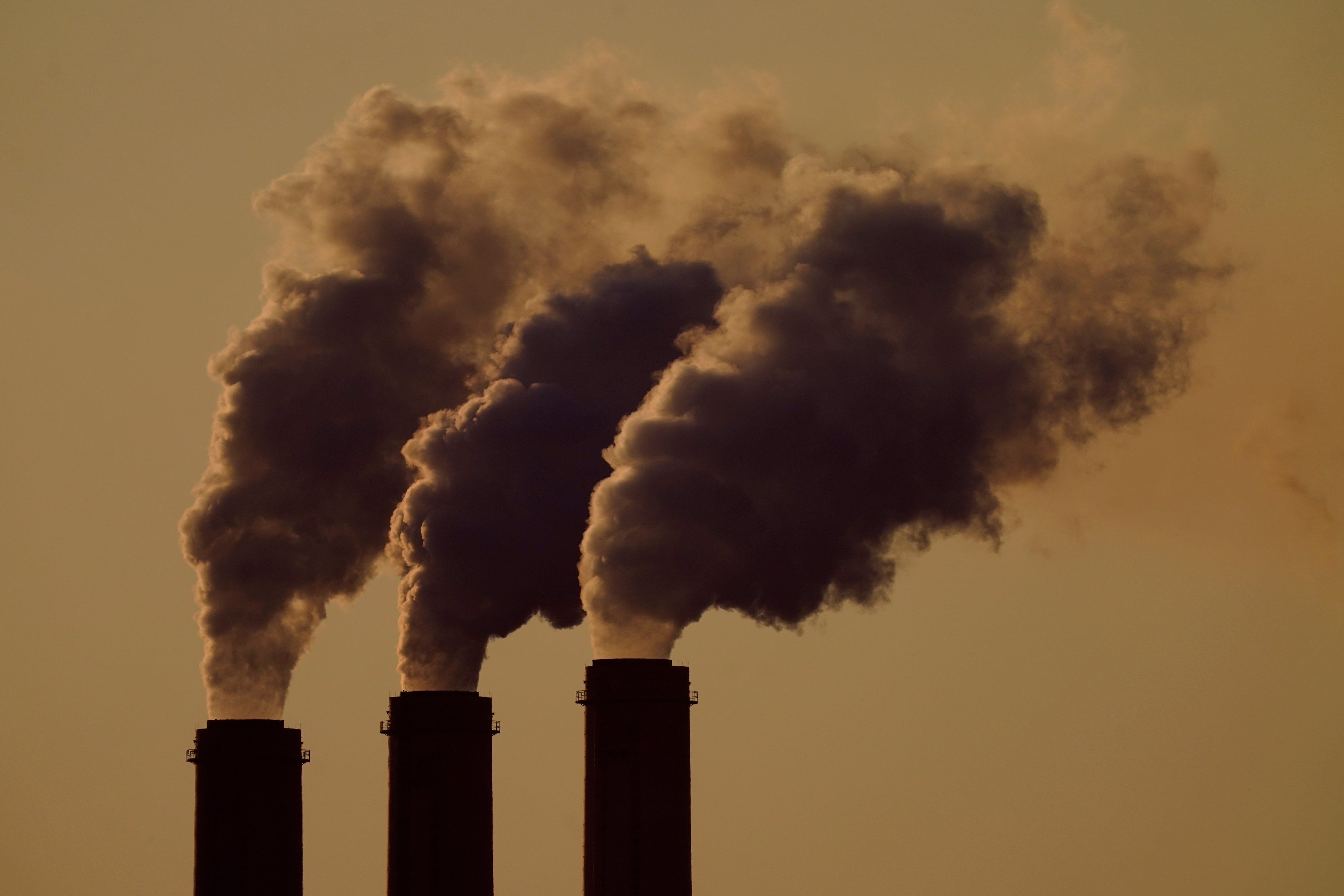The US Supreme Court decision on climate is so ruthless, even big business doesn’t want it
The ruling was so overtly political that the US Supreme Court has planted its flag as an activist institution


Your support helps us to tell the story
From reproductive rights to climate change to Big Tech, The Independent is on the ground when the story is developing. Whether it's investigating the financials of Elon Musk's pro-Trump PAC or producing our latest documentary, 'The A Word', which shines a light on the American women fighting for reproductive rights, we know how important it is to parse out the facts from the messaging.
At such a critical moment in US history, we need reporters on the ground. Your donation allows us to keep sending journalists to speak to both sides of the story.
The Independent is trusted by Americans across the entire political spectrum. And unlike many other quality news outlets, we choose not to lock Americans out of our reporting and analysis with paywalls. We believe quality journalism should be available to everyone, paid for by those who can afford it.
Your support makes all the difference.Compared to overturning Roe v Wade, the US Supreme Court’s decision this past week to gut the Biden administration’s fight against climate change won’t generate nearly the national public protest or visceral hostility.
But the ruling in West Virginia v EPA was every bit as ruthless, every bit as political, and will have a far-reaching impact on America’s climate leadership role in the world – as well as the role of the modern administrative state in US democracy.
As The Independent reported on Thursday, the court ruled that, while the Environmental Protection Agency had the authority to regulate the environment, “major questions” such as greenhouse gas emission caps must be decided by Congress.
The ruling throws into question the limits of regulatory agencies to filter expert advice from business, government and the public into cohesive policy on everything from the environment to public health to big business.
The vagueness of “major questions” in chief justice John Roberts’ majority opinion is a direct threat to any variety of imminent regulation, from auto emissions caps and minimums for clean energy usage on the national grid to corporate climate disclosure rules, all of which are needed to help transition the world’s second-largest polluting economy away from fossil fuels.
Never mind that Congress can barely agree that climate change exists, much less how to regulate it. Never mind that many of the nation’s biggest businesses, outside the narrow mining and coal interests who supported the suit, filed legal briefs in favour of the EPA’s role in fighting climate change. Those include Apple, Google, Tesla, even major electric utilities such as Pacific Gas & Electric (PG&E).
And never mind that the ruling effectively pre-empted future regulations on climate change and did not decide any existing law, which goes against the traditional legal concept of judicial restraint.
The ruling was so overtly political that, along with Roe and the other religious-focused rulings the court made this week, the US Supreme Court has planted its flag as an activist institution. This threatens the entire concept of checks and balances on which the three branches of the US government were founded.
For the US, and in particular the Biden administration, which has been unable to pass meaningful climate legislation in Congress, the ruling is another example of the gridlock in government that prevents the country from taking any sort of leadership at the global climate table.
A ruling in favour of the EPA would have allowed the government to proceed with plans to update its Clean Energy Act of the 1970s to account for reducing greenhouse gas emissions to put the country in line with the Paris Climate Accords of 2015.
To keep up to speed with all the latest opinions and comment, sign up to our free weekly Voices Dispatches newsletter by clicking here
Without it, there is little hope the US will meet its Paris commitment to cut emissions by 50 per cent by 2030, especially as Republicans are expected to gain control of Congress in mid-term elections in November.
It’s a victory for the fossil-fuel industry and its backers leading the Republican states, and another crack in the rapidly expanding divide in American society and culture.
Now that the nation’s highest court has chosen sides and hamstrung the government, the waning hopes of those wanting to fight global warming lie with the private sector and in particular utilities, clean technologies and Wall Street.
Ironically, these are some of the very businesses the court is trying to appease, but who would have preferred it to leave well enough alone.
David Callaway is founder of Callaway Climate Insights and former editor-in-chief of USA Today
Join our commenting forum
Join thought-provoking conversations, follow other Independent readers and see their replies
Comments